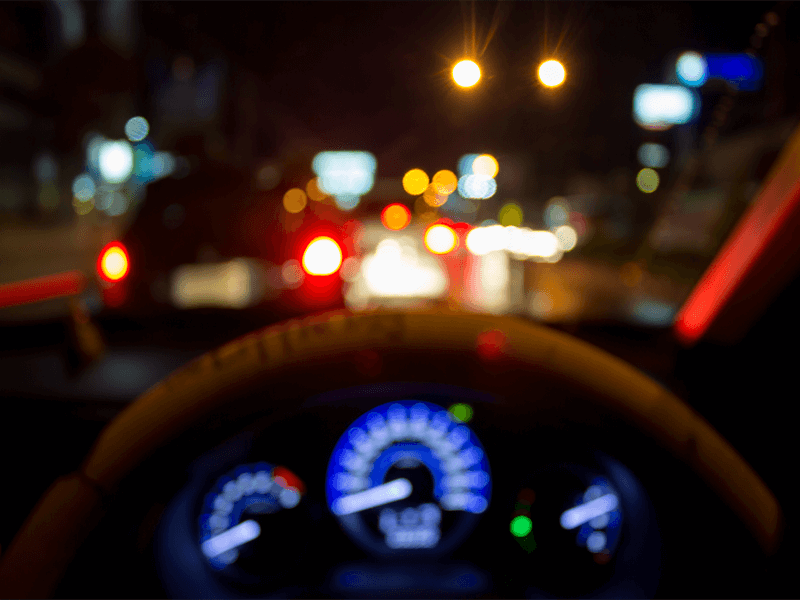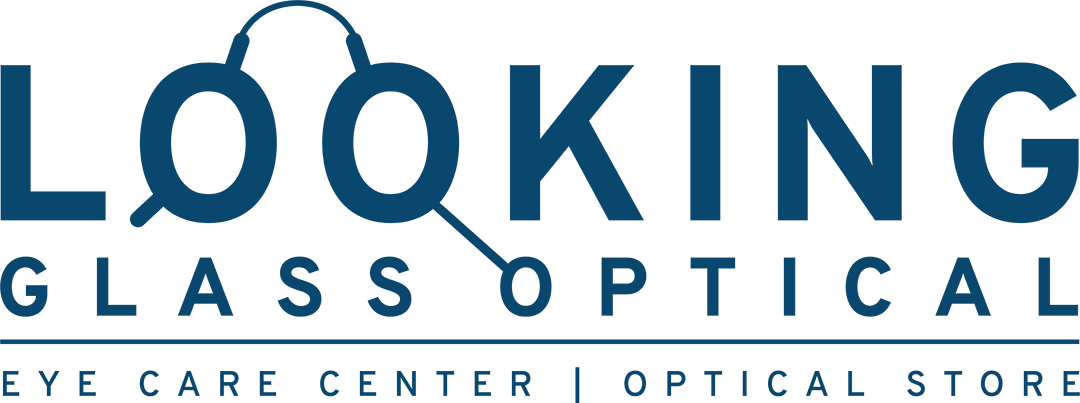Is Driving at Night Becoming Difficult?
You may not realize it, but your eyes (just like your body) are aging every day. This means that driving at night, or during dusk and dawn, can become harder to do. Subsequently, it can become hazardous to drive when you are visually impaired.

At night, your vision can be impaired whether you have perfect vision or suffer from an eye condition. These impairments include blurry vision, haloed vision, or loss of certain aspects of peripheral vision. Not only does the darkness of the sky cause general impairment, but also the flicker and lights of traffic signals, high beams, headlights from other vehicles and street lights.
Aging
Aging alone can have a profound effect on the eyes and how well you see at night. Scientifically, the eyes can sense light through two different types of cells in the body; the cones and the rods. The rod cells help you see when there is a low amount of light. However, once you reach the age of 40, the rods begin to deplete and can affect how much light the eye picks up. Therefore, the eyes start to perceive the light differently and regenerate much slower, which causes images to be recognized slower. You may not physically feel any of these changes, but it may be the reason you have trouble seeing at night.
Night Blindness
Night blindness is an actual vision impairment in which people struggle to see at night or in low-light environments. So, you may notice some bouts of momentary blindness when you transition outside to a low-lit room or vice versa. Thus, the intermittent high light and low light of the street lights and headlights on the road can affect your ability to see and drive at night.
Solutions
Luckily, there is a solution to your nighttime driving impairment. ZEISS DriveSafe Lenses are optimized glasses specially designed for driving. They protect your eyes from reflections (from headlights, street lamps, and wet roads) and make it easier for you to shift your viewing focus at night and during severe weather conditions. Use these glasses at night to:
- Judge distances and driving situations more quickly
- Improve night vision
- Reduce irritations caused by reflected lights
- Ensure you can quickly and easily adjust your viewing focus to your driving surroundings
If you notice you have trouble driving at night, contact your local optometrist and request an appointment for an eye exam. It could save your life in the long run.
